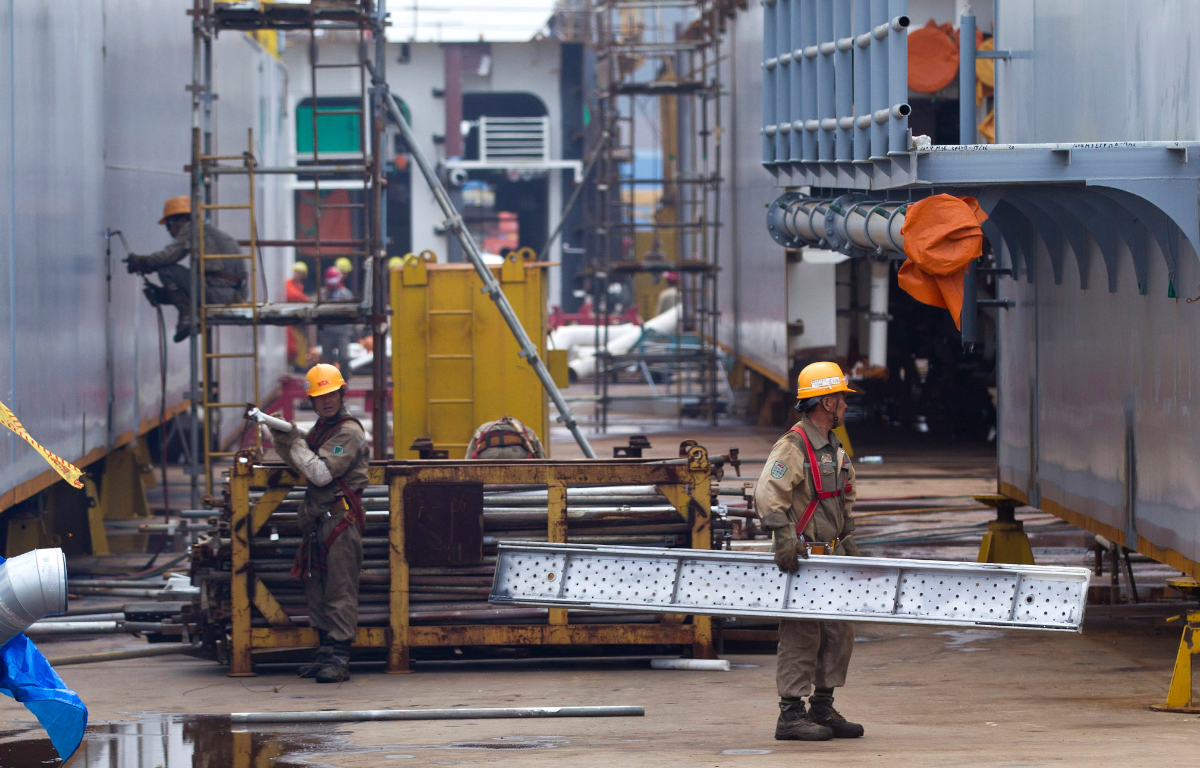
This stance reflects a significant shift in China’s real estate sector, signaling a departure from previous policies that often favored bailouts and financial support for struggling developers.
The housing minister’s statement comes against the backdrop of mounting challenges in China’s real estate market. Years of rapid expansion and speculation have led to soaring property prices, excessive borrowing by developers, and concerns about housing affordability. The government has been implementing measures to rein in speculation and address housing affordability issues, with a focus on promoting stable and sustainable growth in the real estate sector.
The housing minister’s assertion marks a departure from the past approach of providing financial lifelines to struggling developers. The emphasis now is on market discipline, where developers must bear the consequences of their financial decisions. This shift reflects a broader policy direction aimed at reducing systemic risks, promoting healthy market dynamics, and fostering long-term sustainability in the real estate sector.
The minister’s statement has significant implications for real estate developers. Those facing financial distress or insolvency will be required to undergo bankruptcy proceedings, which may involve restructuring, asset sales, or liquidation. This approach aims to address overleveraging, speculative behavior, and excessive risk-taking among developers, while also sending a signal to the market about the consequences of imprudent financial management.
The housing minister’s tough stance has triggered reactions in the market and among investors. Some view it as a necessary step to instill discipline and reduce moral hazard in the real estate sector. Others express concerns about the potential impact on market stability, credit availability, and investor confidence. The government’s ability to manage the transition and prevent systemic disruptions will be closely monitored by market participants.
While advocating a stricter approach towards real estate developers, the Chinese government is also taking steps to support the sector and address housing affordability concerns. Measures such as targeted monetary policy adjustments, increased oversight of lending practices, and efforts to promote rental housing are part of a broader strategy to achieve a balanced and sustainable real estate market.
The housing minister’s statement reflects a broader shift towards market-driven mechanisms and risk management in China’s real estate sector. It signals a willingness to tolerate short-term disruptions for the sake of long-term stability and sustainability. The outcome of this approach will depend on how effectively the government balances market discipline with targeted support measures and mitigates potential systemic risks.










Share this: